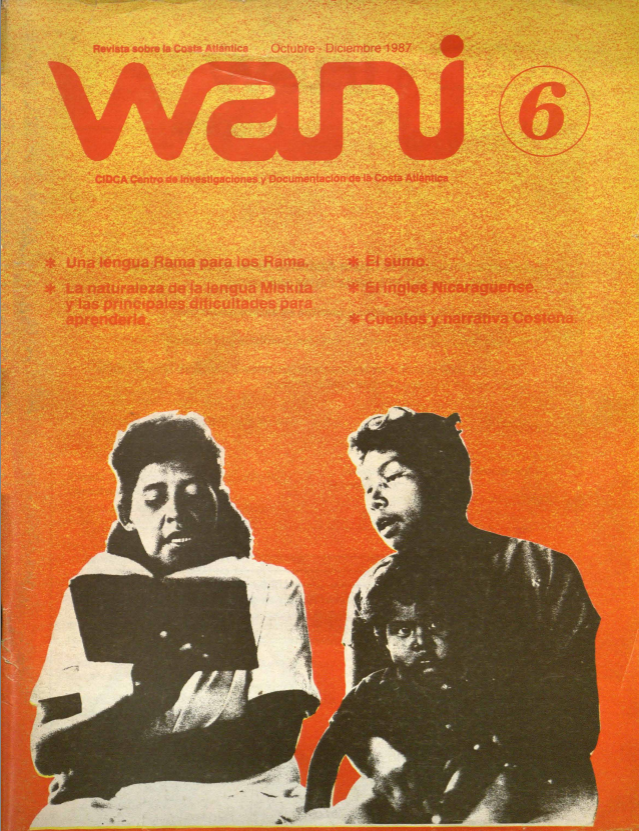Some comments on the English - Spanish bilingual-bicultural education program in Zelaya Sur
Keywords:
Atlantic Coast, Bilingualism, Indigenous language, TranslatorAbstract
The program aims to teach children international English. Knowledge and mastery of international English can bring great benefits. Ray Hooker, referring to International or Standard English, says: “In the world we live in, knowledge of English is advantageous in many situations. English-speaking Nicaraguans may call their linguistic variety “Creole”, or they may call it “English”. Both names are good. When they call it “Creole”, they emphasize its distinctiveness, and when they call it “English”, they identify themselves as speakers of one of the world's major languages. With either name, they have a strong sense of identity with other English speakers. Throughout the world, linguistic identity is decided for social and political reasons. Consider Trudgill's analysis of an example from Western Europe and its notions of autonomy and heteronomy (Sociolin guistics, Penguin 1983, pp. 15-16): Dutch and German are known to be two distinct languages. However, in some places on the German-Dutch border, the dialects spoken on both sides of the border are very similar.
Downloads
30
Downloads
Published
How to Cite
Issue
Section
License
Copyright (c) 2024 Bluefields Indian and Caribbean University

This work is licensed under a Creative Commons Attribution-NonCommercial-ShareAlike 4.0 International License.




